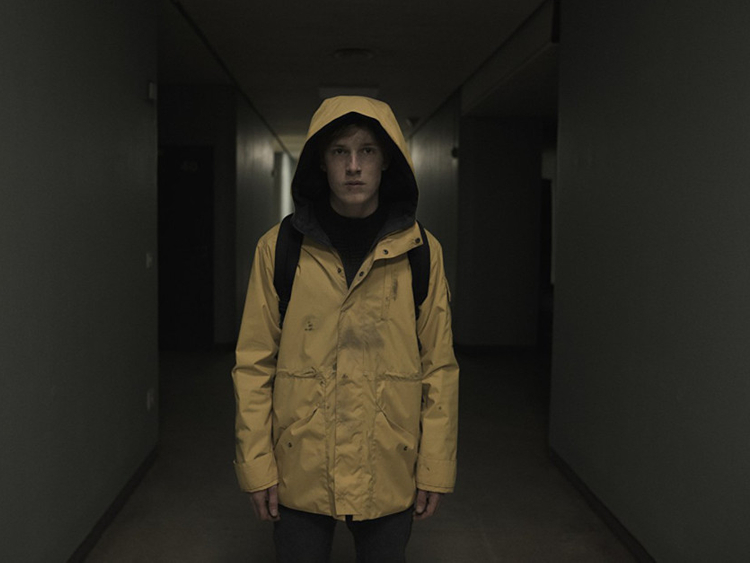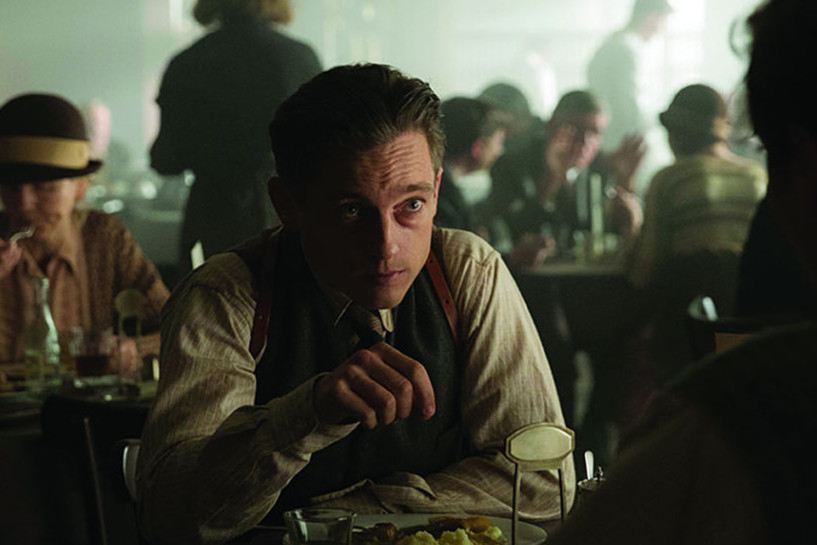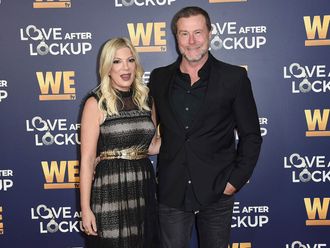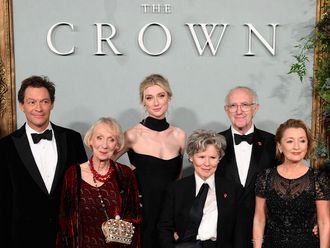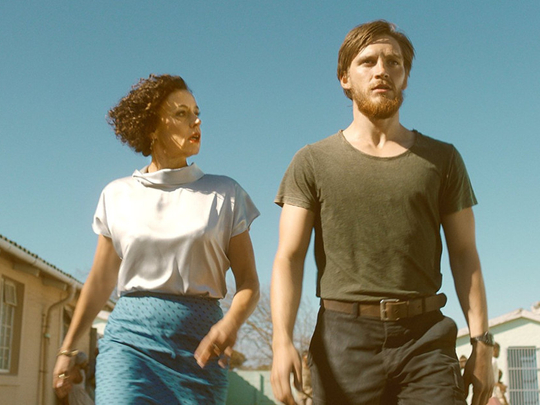
Germany has long been a global force in movies — from Fritz Lang’s 1920s masterwork Metropolis to the 2006 Stasi thriller The Lives of Others — yet its TV dramas never really sold globally. That’s now changing.
Today, “made in Germany” programming is suddenly in vogue with the rise of streaming services and increasingly global ambitions of pay-TV operators.
Amazon.com later this year will stream Deutschland86, a show about an East German spy in the West, after the first season won praise in the US and Britain.
Dark, a supernatural family saga that’s Netflix’s first German production, is scheduled for a second season. And Sky will later this year air a sequel to Wolfgang Petersen’s 1981 Oscar-nominated submarine story Das Boot, after its 1920s sex-and-crime saga Babylon Berlin sold to more than 60 countries.
“Germany has been a bit late to the TV-series game, but it’s catching up,” Jonas Nay, the star of Deutschland86, said in a wood-panelled office of the Stasi secret police that’s being used as a set for the show. “The market for TV shows is global and the interest in stories from Germany is rising.”
The country’s shows are reaching the world stage through pay-TV providers, which are looking for ambitious productions that will help raise their profile and keep customers from abandoning their subscription services.
Streaming platforms like Netflix also demand series that not only work locally, but please a global audience — regardless of the language they’re produced in.
“Germany’s history and culture offer countless great storylines,” said Karin von Abrams, an analyst at researcher eMarketer. “Many of these stories resonate with international commissioners and viewers, and represent solid investments.”
Some scripted dramas that have succeeded abroad haven’t been big hits at home, a market where pay-TV penetration is low and viewers stick to soaps and game shows. The first season of what was then called Deutschland 83 got a lukewarm reception in Germany and then went on to win an international Emmy and sell to more than 110 countries. In the US, it was picked up by Sundance TV, becoming the first German-language show to air on a major American cable channel. When RTL Group, the original German broadcaster, passed on leading production of a second season, Amazon stepped in.
One concern for the Germans is resistance by English-language viewers to films with subtitles in some large markets, particularly the US and the UK. Mass success for productions out of Scandinavia such as Denmark’s political drama Borgen have helped overcome that reluctance. And the Germans are finding that their offerings can succeed in an era of more-targeted audiences. The first episode of Deutschland 83, shown on Britain’s Channel 4, was the highest-rated subtitled drama in television history.
Dark, which features time travel and a search for children gone missing in a sleepy German village, was produced by Wiedemann & Berg, the company behind the Academy Award-winning The Lives of Others. Netflix says it’s one of the company’s most-watched non-English shows ever.
Sky’s Babylon Berlin was produced with German public broadcaster ARD, the first such team-up. Co-directed by Tom Tykwer, creator of the 1998 hit film Run Lola Run, it had a budget of about 40 million euros for 16 episodes — the most expensive German TV show ever made. The bet paid off: The show’s combination of sex, crime and Nazis in 1920s Berlin has drawn more viewers in Germany than any other show on pay TV except Game of Thrones.
It has been sold to dozens of countries and companies including Netflix in the US, Australia and New Zealand, HBO Europe, Spain’s Telefonica and SVT in Sweden.
And Sky is planning more of the same. Apart from the Das Boot sequel, it renewed Babylon Berlin and hired director Stefan Ruzowitzky, whose film The Counterfeiters won an Academy Award in 2008, for Eight Days, a doomsday series set in Berlin that’s expected to start filming in July.
All the global attention has been a boon for writers and producers in Germany.
“We always planned to make a global show — now it’s doable,” said Anna Winger, an American writer living in Berlin who created the Deutschland series with her husband, Joerg Winger. “The world was interested in German material before, but there was no access to it.”



